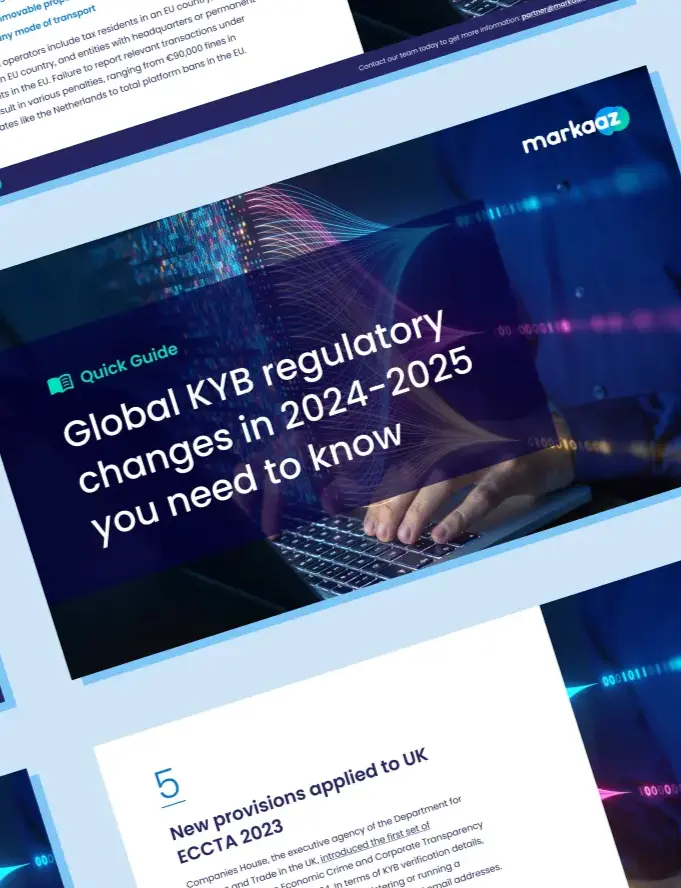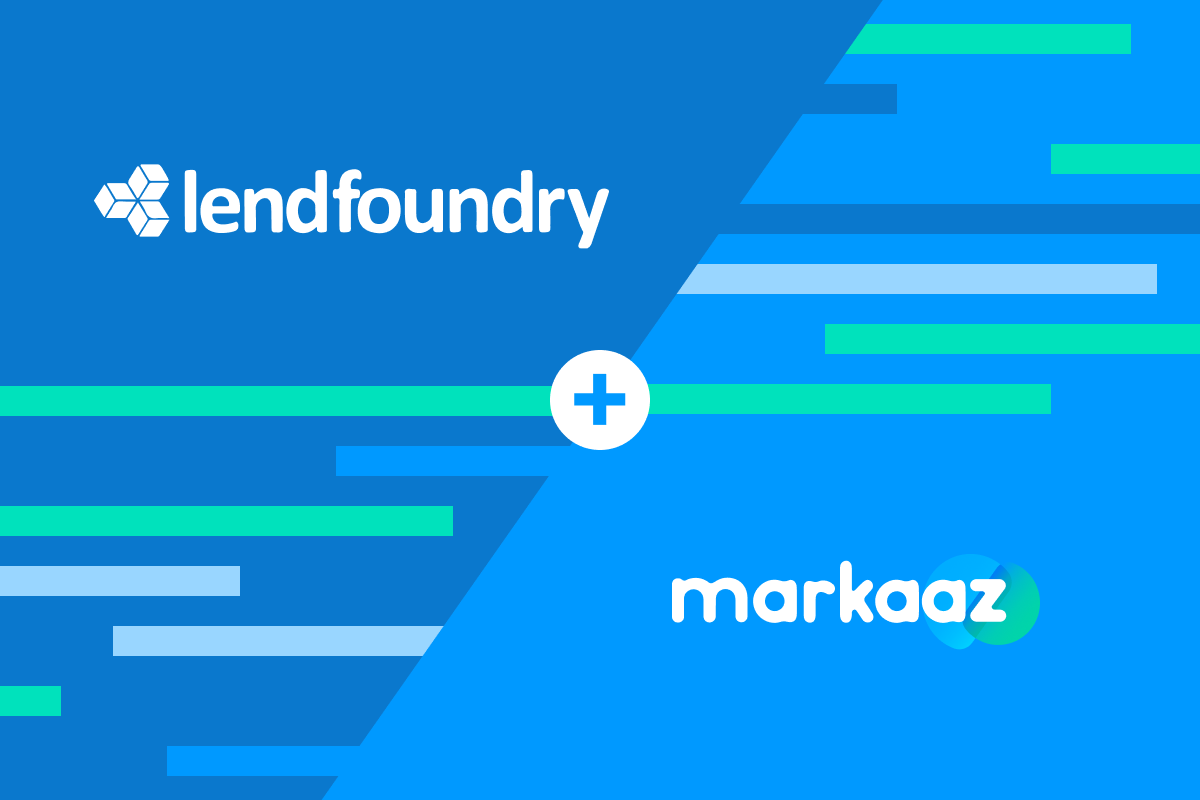When your business works with outside suppliers, these relationships can impact your bottom line
A dishonest or disorganized supplier could wreak havoc on your supply chain, undercut profits, and—in extreme cases—even cause your business to fail. Meanwhile, partnering with the right supplier could be the exact puzzle piece your company needs to soar.
Since choosing the right vendors is critical to your small business’s success, it’s a good idea to dig a little deeper. Here are five key reasons why your company needs supplier verification.
1. Fraud prevention
Fraud is a significant concern for businesses of all sizes. Nearly 50% of companies report suffering from some type of fraud in the last two years. Vendors, suppliers, customers, and hackers were responsible for 39% of those crimes.
Even the United States federal government was a victim of vendor fraud. The US Department of Veterans Affairs (VA) and the Federal Emergency Management Agency (FEMA) awarded over $38 million in federal contracts to a vendor who claimed to have the ability to supply a cache of N95 masks to healthcare providers.
During the height of the coronavirus pandemic, personal protective equipment was in short supply. So the two agencies jumped at the chance to secure the masks (and didn’t complete the most thorough vetting procedures in the process).
Unfortunately, those verification shortcuts came back to hurt the VA and FEMA. The first-time vendor lied. He had no masks and no plans to manufacture them. And while the fraudulent vendor faces up to 35 years in federal prison as punishment for his crimes, that still didn’t help the two federal agencies that needed to secure medical supplies.
An effective supplier verification process is perhaps even more critical for small businesses than it is for larger corporations and organizations. Small businesses often lack many of the resources that big businesses enjoy. So, it can be harder to bounce back when a small business falls victim to a vendor fraud scheme.
2. Regulatory compliance
Another reason your company needs to verify the suppliers it works with is to comply with government regulations. Depending on where your company is located and the products or services it creates and sells, you may need to follow any requirements where supplier verification is concerned.
For example, regulations in the United States and Europe require many businesses to perform the following verification checks when working with outside suppliers:
- Know Your Business (KYB)
- Know Your Customer (KYC)
- Combating the Financing of Terrorism (CFT)
- Anti-Money Laundering (AML)
If your business doesn’t comply with regulatory requirements when it onboards vendors, it could face unpleasant consequences. There’s a chance your company might be fined, shut down, or even implicated as an accomplice in financial crimes if a lack of due diligence enables a criminal to commit fraud.
Take the case of Standard Chartered, for example. The British bank had to pay $1.1 billion in fines to authorities in the United States and the United Kingdom when it failed to comply with anti-money laundering requirements.
3. Strong supplier relationships
You can also help your business develop strong supplier relationships by verifying the vendors you work with. Why do strong supplier relationships matter? When you partner with dependable and loyal suppliers over the long term, it can provide your business with several different benefits, such as:
- Lower costs
- Fewer quality control issues
- A faster and more efficient supply chain
- The ability to find mutually beneficial solutions when problems arise
- Less frustration for your staff
4. Reduced risk
Working with suppliers is necessary for many small businesses. At the same time, it opens you up to risks that lie largely outside of your control.
In addition to the fraud and regulatory challenges mentioned above, contracting with a third party requires your company to take on financial risks as well. An unreliable supplier can cause your entire supply chain to come unhinged. But if you take the time to verify that you’re working with a reputable supplier, those actions could help you increase profits and gain an advantage over your competitors.
5. Brand protection
Finally, an effective supplier vetting process can serve to protect the brand you’ve worked so hard to build. When your supply chain works as it should—from the first mile to the last mile—it can help you promptly deliver quality products to your customers. When your business gives its customers a great experience, it can create long-term fans that will buy from you repeatedly.
On the other hand, supply chain problems can prevent your company from doing its job well. What starts as a problem with a bad supplier can have a domino effect that slows production, delays order fulfillment and delivery, upsets customers and frustrates your team. All these problems can damage your brand reputation, and those types of issues can be challenging to overcome.
Next steps
It’s normal to feel overwhelmed as the owner or manager of a small business. Your time is limited. You’re often pulled in many different directions at once. Yet you shouldn’t consider supplier verification another chore you must tackle. The time you spend finding and verifying the right suppliers is a wise investment that can pay off in the long run.
Still, finding better ways to manage the supplier verification process can work to your advantage. With this knowledge in mind, our team at Markaaz created a simple, affordable solution to make supplier verifications faster and more reliable.
With Markaaz, we estimate that small businesses will see a 92% improvement in the amount of time it takes to onboard a new supplier. Even more important than the time factor, Markaaz helps you improve poor supplier verification practices—like online research and Google searches—that fall short and leave your company vulnerable to scams.
Markaaz has developed best-in-class technology to streamline the vendor due diligence process. The platform enables your small business to find and verify trusted vendors on the spot. Our goal is to offer leading-edge solutions that empower small businesses to grow and compete in the global marketplace.
If you’re ready to take your business to the next level, try Markaaz’s best-in-class technology for free. Discover first-hand how we can protect your small business and help it grow.
Fabi Hubschmid, Chief Operating Officer and Co-Founder, Markaaz
About the author: Fabi Hubschmid is the Chief Operating Officer and Co-Founder of Markaaz, the world’s first global platform to verify and connect every small business on the planet and the network of partners that support them. Hubschmid is an entrepreneur with global experience in the platform, construction, and smart cities industry with a track record of leading global and complex transformations across private and public sectors. Before co-founding Markaaz, Hubschmid was Strategic Development Officer for AXA Global Enterprise & Partnerships, Founder & CEO of the Enix Advisory, Tutor for the ‘Beyond Smart City’ course of the Massachusetts Institute of Technology (MIT), and a member of PwC’s Global Smart Cities Team. Under the leadership of Hubschmid, the Markaaz team is developing the next generation of tools and resources for small businesses. Hubschmid is focused on creating a positive and sustainable impact for small business owners. Hubschmid is a member of the WEF Global Innovator and Global Shapers and the Young Entrepreneur Council (YEC).




